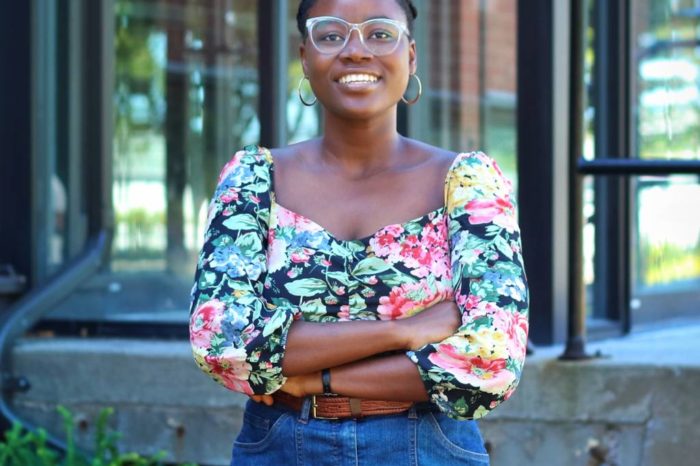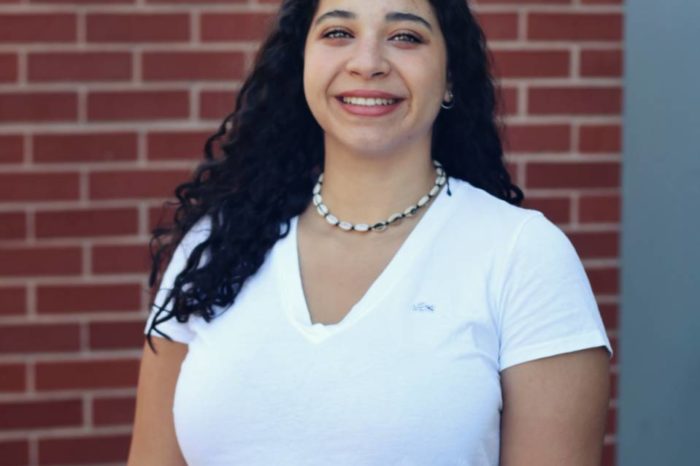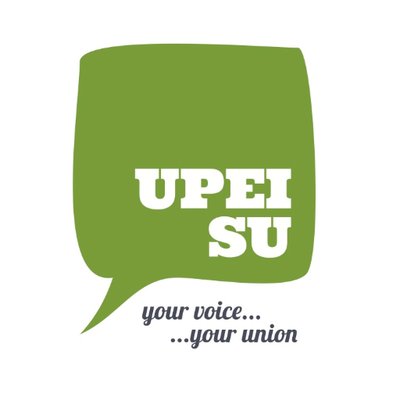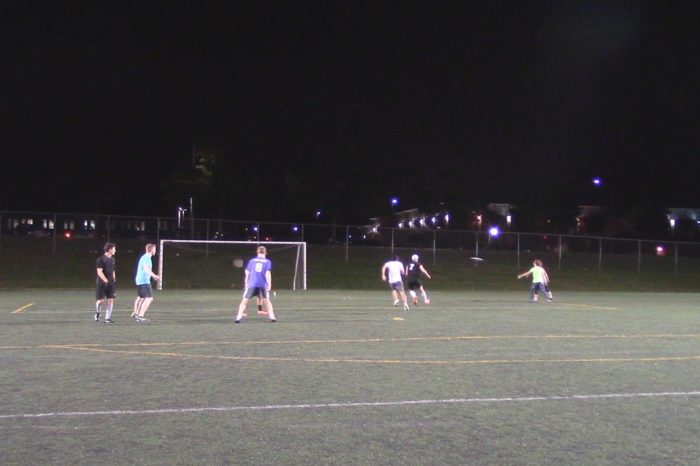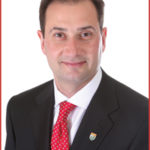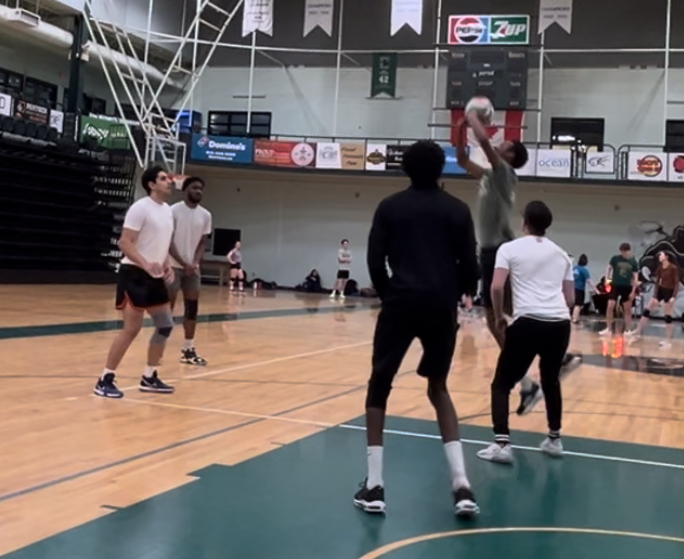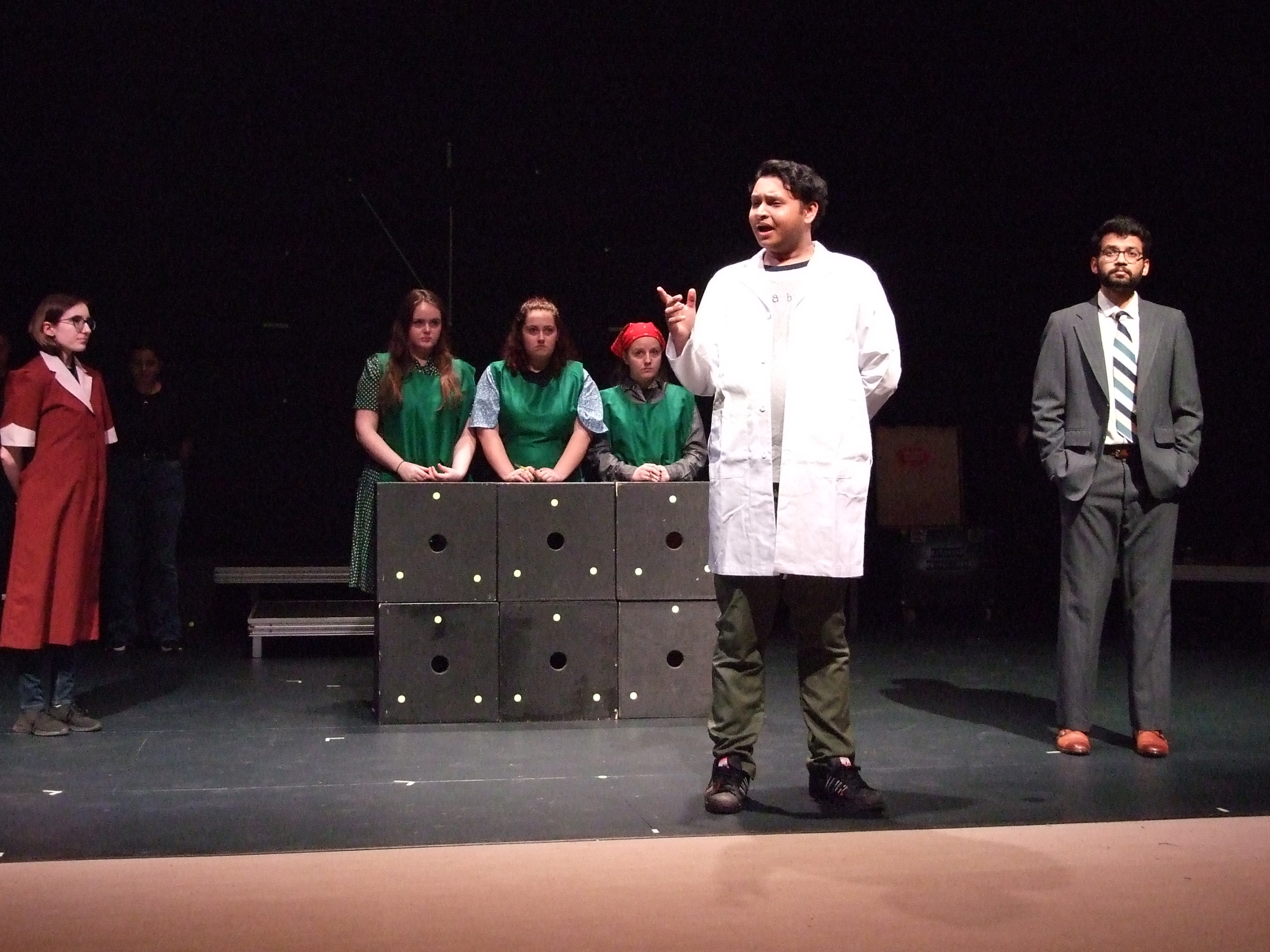By: Drew MacEachern
After attending Politics on Tap, the Cadre had the chance to sit down and chat with former Premier of PEI, Robert Ghiz. Robert Ghiz served as Leader of the Liberal Party of PEI from 2003 until his retirement in February of 2015, picking up the title of Premier along the way after his election victory in 2007.
The Cadre: “What have you been doing in your post-political life?”
Ghiz: “Well, for the first six months, what most people don’t know, is that a former executive council member is actually not allowed to work under the conflict rules with any Island organization or any company that has done any work for the province. So the first six months I took off to spend time with the family, played some golf, was able to do some volunteer work; whether or not that’s public speaking. I’ve done a few different events like this, done some fundraising for some good causes, and now I’m starting to move myself back into private life and trying to hopefully start a few new things.”
The Cadre: “Considering the topic of discussion, how did you harness youth engagement during your election campaign?”
Ghiz: “A great question. I guess it’s about finding groups of young people and then expanding that to other groups. So it’s really about grassroots campaigning. Also you can engage in terms of your policies, with regards to university students. But I think a lot of it comes with just getting them in the door. It’s like a restaurant, you get them in the first time, they’re more likely to come back. Or you get somebody to visit PEI for the first time, they’re more likely to come back. If you get them to just meet a politician or meet somebody who’s running, there’s a better chance for them to be involved, and we tried to host these events where young people can be involved. Now it’s still tough, but I hope we will see some improvements.”
The Cadre: “What do you find is the greatest systemic obstacle to youth voting?”
Ghiz: “Them believing that it doesn’t make a difference in their lives. And you can see how that could happen. Government’s not easy. You’re going to offend some people along the way. It’s hard to be zoning in on specific issues all the time, and sometimes political parties’ politicians are spending the majority of their time on other issues that don’t necessarily affect the young person. Whereas, what I was trying to say earlier, don’t always look at what affects you; look at what affects society in general, and I hope that will help to get youth more engaged.
The Cadre: “What misconceptions do you find among youth about voting?”
Ghiz: “That they can’t make a difference. I used the example tonight that even if, for example, if you have a Liberal government, and the NDP or Green get 15%-20% of the vote, well that Liberal government – or it could be a Conservative government – has to analyze, why did that 15% or 20% of the vote go to those parties? They’re going to want to try to change around their policies so that they’re able to get more votes. It could go vice versa. If the Greens were in power and it was the Liberals that got 15% of the vote, they’re always trying to appease, or to appeal – at least when I was there – to the 100% of the population.”
The Cadre: “What policies would you like to see Canadian governments – municipal, federal, and provincial – pursue for youth betterment?
Ghiz: “I got back to free tuition. I personally think that that is a way for us to move in Canada that is progressive, but also long term thinking. The greatest asset that anyone has – more so than oil, more so than potash, more so than potatoes – is our people. If you can make sure that our young people have the tools necessary, then the companies, corporations, jobs, new ideas, new technologies, are going to be right here in Canada. I would use some of the resources we have today that are not going to be there forever and funnel that money into that. Whether or not it’s free tuition, or making it more accessible, more research and development, that’s really where the future is.

